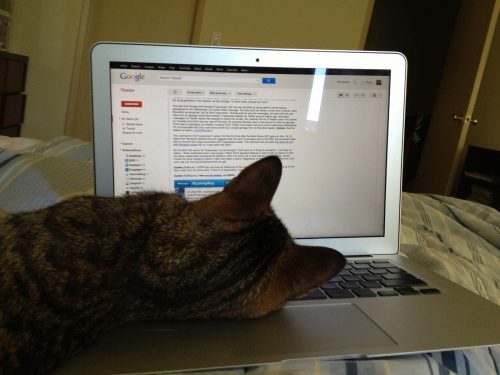The fifth anniversary of the passing of Google Reader went largely unremarked in most circles, but there was some coverage on Techdirt and other sites (Wired even called for a revival of RSS).
RSS largely died with Google Reader; development of the RSS standard (and the Atom standard that replaced it) had petered out years before, and aside from a brief surge in new apps in 2013, we haven't seen a new feed reader service in years.
Nevertheless, a lot of us still use RSS on a regular basis, and I was wondering just how many people are still using RSS as much as they did 5 years ago.
I'll go first.
I am still using BazQux Reader, the app I switched to from Google Reader 5 years ago (in fact, I had to pay the annual subscription on 2 July). I still have over two thousand RSS feeds in Bazqux, but they are not half as useful as they used to be.
I checked with Feedly* and discovered 843 of the feeds I follow are now dead because either the site went away or moved its RSS feed in an update, and another 621 feeds are inactive (new posts are only published a few times a year).
All of those feeds used to be alive with at least weekly updates, but in the past five years most of their owners have moved from owning their own platform to being, as Mike Masnick pointed out, trapped in one or another social media silo (Facebook, Twitter, etc).
How about you? Do you still RSS?
* If you use Feedly, you can check how many dead feeds you follow by opening the "organize" menu.
image by Phil Denton
You just finished reading Do You Still RSS? which was published on The Digital Reader.
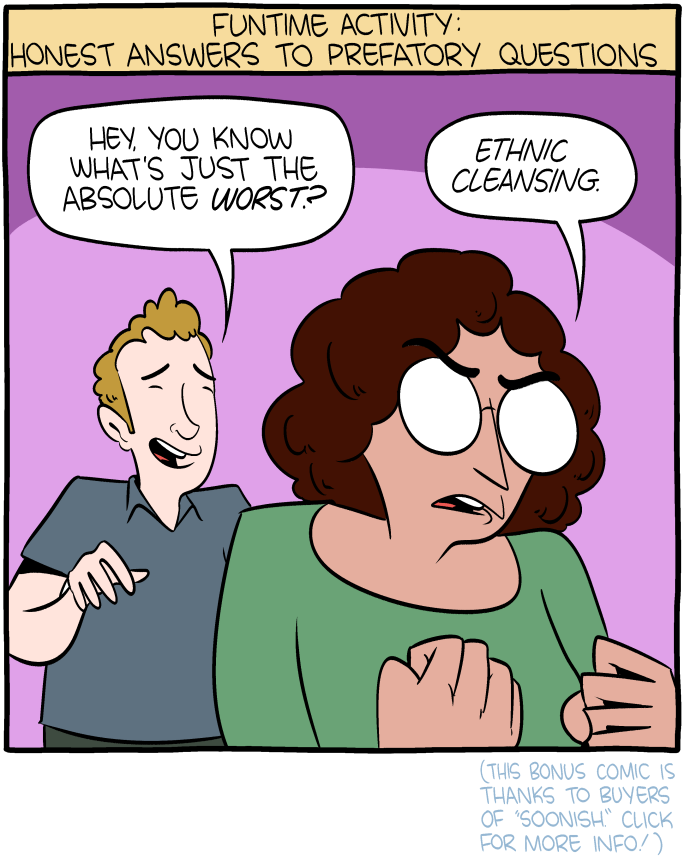
Click here to go see the bonus panel!
Hovertext:
Interestingly, trying to come up with a linguistic opposite to 'ethnic cleansing' ALSO sounds racist.
New comic!
Today's News:
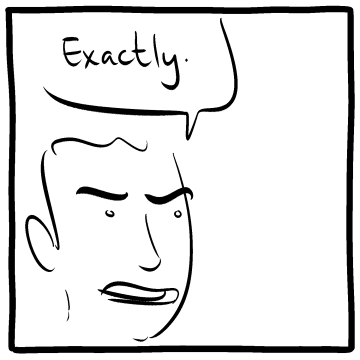
Red Button mashing provided by SMBC RSS Plus. If you consume this comic through RSS, you may want to support Zach's Patreon for like a $1 or something at least especially since this is scraping the site deeper than provided.
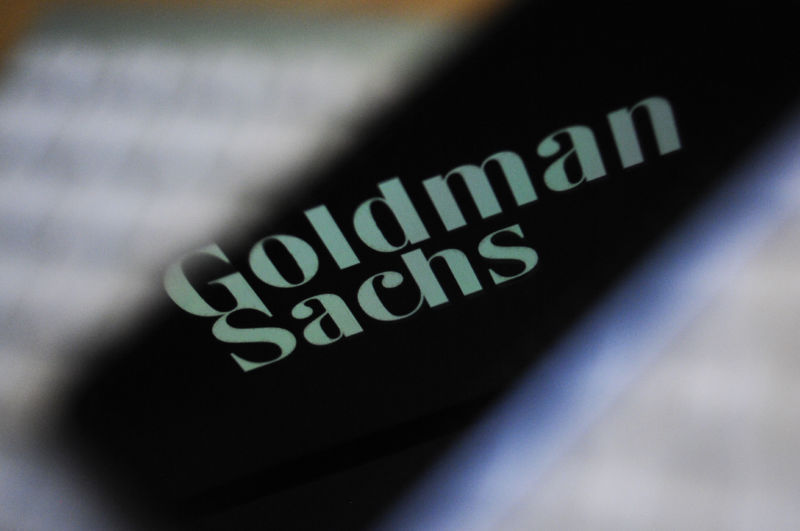
Enlarge / The Goldman Sachs bank logo is seen reflected on the screen of a mobile phone in this photo illustration on November 15, 2017. (credit: Jaap Arriens/NurPhoto via Getty Images)
One-shot cures for diseases are not great for business—more specifically, they’re bad for longterm profits—Goldman Sachs analysts noted in an April 10 report for biotech clients, first reported by CNBC.
The investment banks’ report, titled “The Genome Revolution,” asks clients the touchy question: “Is curing patients a sustainable business model?” The answer may be “no,” according to follow-up information provided.
Analyst Salveen Richter and colleagues laid it out:
The potential to deliver “one shot cures” is one of the most attractive aspects of gene therapy, genetically engineered cell therapy, and gene editing. However, such treatments offer a very different outlook with regard to recurring revenue versus chronic therapies... While this proposition carries tremendous value for patients and society, it could represent a challenge for genome medicine developers looking for sustained cash flow.
For a real-world example, they pointed to Gilead Sciences, which markets treatments for hepatitis C that have cure rates exceeding 90 percent. In 2015, the company’s hepatitis C treatment sales peaked at $12.5 billion. But as more people were cured and there were fewer infected individuals to spread the disease, sales began to languish. Goldman Sachs analysts estimate that the treatments will bring in less than $4 billion this year.
“[Gilead]’s rapid rise and fall of its hepatitis C franchise highlights one of the dynamics of an effective drug that permanently cures a disease, resulting in a gradual exhaustion of the prevalent pool of patients,” the analysts wrote. The report noted that diseases such as common cancers—where the “incident pool remains stable”—are less risky for business.
To get around the sustainability issue overall, the report suggests that biotech companies focus on diseases or conditions that seem to be becoming more common and/or are already high-incidence. It also suggests that companies be innovative and constantly expanding their portfolio of treatments. This can “offset the declining revenue trajectory of prior assets." Lastly, it hints that, as such cures come to fruition, they could open up more investment opportunities in treatments for “disease of aging.”
Ars reached out to Goldman Sachs, which confirmed the content of the report but declined to comment.
This post has been updated.

I truly hope this isn't indicative of an attitude shift in investment firms. Companies who are researching trans-formative and life saving drugs rely so heavily on investment to take a possible treatment or cure to a full scale deliverable drug.
Can’t I be nice and you also leave me alone?
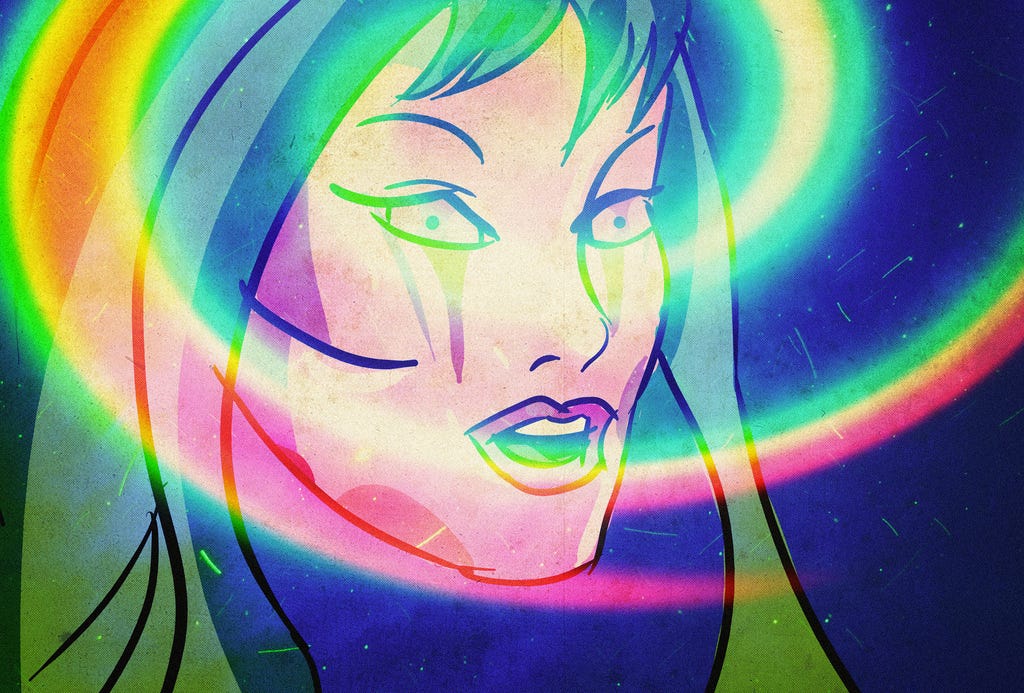
I don’t have Resting Bitch Face, but I have always looked more upset than I am. When I was five I was diagnosed with a lazy eye, and though I was told I “grew out of it,” I’m not sure my eyes are quite…even. It’s not that one of my eyes is different, it’s that they’re not exactly the same. To add to that, I’m nearsighted. For many years—specifically the years in high school when it was not cool to wear glasses—I was in denial of this fact. So I would dutifully wear my thin oval-shaped glasses during Algebra 2/Trig H class so I could see the board, and as soon as it was time to walk between classes I would squint my way down the hall, scowling more deeply in order to see the faces of those walking towards me. When I was in college, one of my TAs said he saw me walking down the street but resisted the temptation to say hello because I looked like I was brooding. I have Resting Brood Face.
I also suffer from a more complicated affliction, which I am happy to explain, called Resting Bitch Personality. I SEEM like a bitch, but I’m not. The only thing I resent more than small talk is the social expectation of having it. I will ice out even the most talkative hairdresser. I will ice out my own family. “I’m not going to talk just because you WANT me to, in this moment!” I’m a rigid motherfucker, but I’m not a bitch.
This is not to say that I’m silent all the time or never make conversation. I just prefer it to be on my terms, and not yours. When you ask me a question I feel put on the spot. I hate the expectation of performance. I resent that you have to announce to a house full of relatives your plans for the evening: “I think I shall now retire to my bedroom, goodnight to all!” As if you owe anyone an account of your every move.
I come off as an ice-cold bitch in public, but not because I hate everyone, but because I believe in some sort of false bubble of privacy—that I am walking through my life as the protagonist. I realize that makes me selfish, but I would argue that I’m also passive: I often feel as though I am watching my life rather than living it. So when you speak to me or look at me, I lose track of the footage. I believe you are not supposed to talk to or look at strangers in a public bathroom, and I believe retail salespeople are sociopaths.
But I wouldn’t say I’m an introvert. I love attention, I love being right, I love performing when I know I’m good. When I’m On, I’m On. Maybe it’s a younger-sibling thing—I’m sort of always waiting to see what other people do first. I’m very comfortable watching other people, and uncomfortable with the idea of them watching me. Anyway I just wanted you to know that I’m not ACTUALLY a bitch, I just seem like one. Please do not diagnose me in the comments, I already have enough problems. Thank you.
I’m Not Mean, I Just Have Resting Bitch Personality was originally published in The Hairpin on Medium, where people are continuing the conversation by highlighting and responding to this story.

